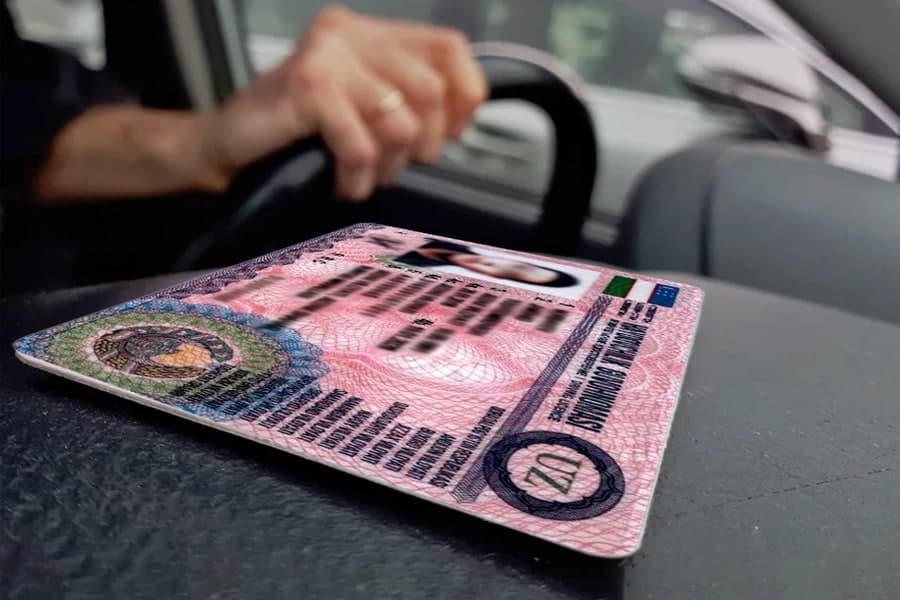This article is also available in:
Русский (Russian)
Uzbek
For many years in Uzbekistan, obtaining a driver’s license through so-called “arrangements” was a common practice. Purchasing a license via driving schools became routine—money was handed over to the responsible individuals, and the person would only show up for the exams, where they would be “helped” to quickly press the right buttons on the computer and receive their coveted license. The cost of this service ranged from $100 to $500, making it accessible to a wide range of people.
However, the situation has significantly changed over the past two years. New unified examination centers have appeared in the country, making it much harder to obtain a license through bribery. These centers were created to increase transparency and eliminate corruption schemes, and they have succeeded in achieving these goals. It has now become nearly impossible to simply “buy” a license directly, and as a result, the prices for illegal services have increased dramatically.
Despite the efforts of Uzbek authorities to eradicate corruption in the driver’s licensing system, illegal ways of obtaining licenses continue to exist. Scammers are coming up with new schemes to profit from this, offering citizens a way to bypass the training and examination process for a certain fee. Today, the cost of obtaining a driver’s license through corrupt schemes ranges from $900 to $2,000 and is continuing to rise.
One of the most common schemes involves “arrangements” in the driving school. Scammers offer forged documents stating that the person has completed driving courses, even though they have never attended the classes. These schemes are often carried out in conjunction with driving schools, where internal documents can be forged, and access to theoretical and practical exams can be granted “on paper.”
Often, scammers convince potential clients that they have acquaintances or relatives working in the traffic police (UBDD), who can expedite the process of obtaining a license. In such schemes, they promise to bypass the driving school entirely and acquire a license directly through government structures by using connections. In reality, the person either ends up with a fake license or receives nothing at all, losing their money while the scammer simply disappears.
One of the key elements of these schemes is that scammers rely on their clients’ silence. Many citizens who wish to obtain a license illegally are afraid to contact law enforcement if they get scammed. They fear being held accountable for their actions, as they were willing to participate in corrupt schemes themselves. This creates fertile ground for the further spread of fraud, as criminals know that the chances of being exposed by their clients are extremely low.
Another common scheme on the black market of illegal services is the sale of fake driver’s licenses. These documents may appear indistinguishable from real ones, but using them carries significant risks, as the forgery will eventually be revealed during inspections.
Recent arrests confirm that the market for such services is still growing. This week, law enforcement reported the arrest of three criminals who promised clients they could obtain driver’s licenses without training for a fee.
For instance, in Tashkent, a man promised his acquaintance a driver’s license without attending training for $1,400. He received an advance payment of $300 and 1.2 million UZS, after which he was arrested by law enforcement with evidence in hand.
In Navoi, a local resident was arrested while receiving 15 million UZS for promising to secure the issuance of a category “B” license through contacts in the UBDD. A similar situation occurred in Yangiyul, where a man attempted to collect $900 for helping someone get a license.
Criminal cases have been initiated in all the revealed incidents under Articles 168 (fraud) and 211 (bribery) of the Criminal Code. The investigations are ongoing.
The text has been translated by AI. For more accurate information, please refer to the Russian version of the article

